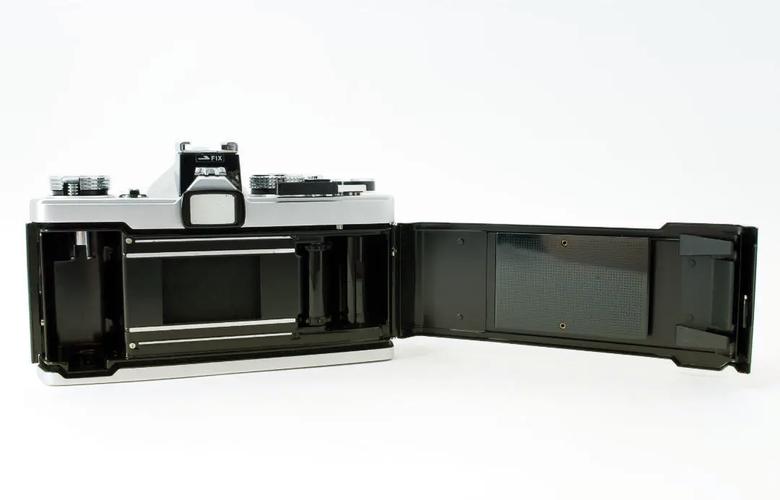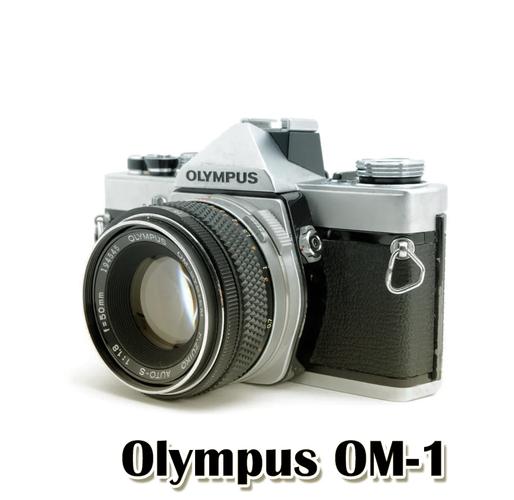Olympus OM-G Manual: A Comprehensive Guide
Welcome to your ultimate guide on the Olympus OM-G camera. Whether you’re a seasoned photographer or a beginner looking to dive into the world of photography, this manual will provide you with all the necessary information to make the most out of your Olympus OM-G. Let’s explore the various aspects of this camera in detail.
Design and Build Quality
The Olympus OM-G boasts a sleek and modern design, with a robust build quality that ensures durability. The camera is compact and lightweight, making it easy to carry around. The body is made of high-quality materials, giving it a premium feel in your hands. The ergonomic design ensures a comfortable grip, allowing for long hours of shooting without fatigue.

Features and Specifications
Here’s a breakdown of the key features and specifications of the Olympus OM-G:
| Feature | Specification |
|---|---|
| Image Sensor | 16.1-megapixel Live MOS sensor |
| Image Stabilization | 5-axis in-body image stabilization |
| Aperture Range | f/1.8-2.8 |
| Shutter Speed | 1/8000 to 60 seconds |
| ISO Range | 100 to 25,600 |
| Continuous Shooting | Up to 8.5 frames per second |
| Video Recording | 4K UHD at 30p, Full HD at 60p |
These specifications make the Olympus OM-G a versatile camera suitable for various photography genres, including portrait, landscape, and action photography.
Handling and Controls
The Olympus OM-G is designed with user-friendliness in mind. The camera features a well-organized layout with easily accessible controls. The mode dial allows you to switch between various shooting modes, such as aperture priority, shutter priority, and manual. The rear control dial is perfect for adjusting exposure settings on the fly. The camera also features a dedicated button for accessing the autofocus point selection, making it convenient for tracking moving subjects.
Autofocus Performance
The Olympus OM-G utilizes a phase-detection autofocus system, which ensures quick and accurate focusing in various lighting conditions. The camera offers a wide array of autofocus points, allowing you to precisely frame your subjects. The AF tracking feature is particularly useful for capturing fast-moving subjects, such as sports or wildlife photography.

Image Quality
The 16.1-megapixel Live MOS sensor in the Olympus OM-G delivers excellent image quality. The camera produces sharp, detailed images with rich colors and low noise levels, even at higher ISO settings. The 5-axis in-body image stabilization helps minimize camera shake, resulting in crisp and clear photos, even in low-light conditions.
Video Capabilities
The Olympus OM-G is not just a great still camera; it’s also an excellent video shooter. The camera offers 4K UHD video recording at 30p and Full HD video recording at 60p. The built-in microphone captures clear audio, and the camera features a variety of video modes, including slow motion and time-lapse, to add creative flair to your videos.
Connectivity and Battery Life
The Olympus OM-G comes with Wi-Fi and Bluetooth connectivity, allowing you to easily transfer photos and videos to your smartphone or tablet. The camera also features a built-in GPS, which is useful for geotagging your images. The battery life is impressive, providing you with approximately 360 shots on a single charge.
Accessories and Additional Features
The Olympus OM-G is compatible with a wide range of lenses and accessories, including flashes, filters, and camera bags. The camera also features a built-in electronic viewfinder (EVF), which is particularly useful in bright sunlight. Additionally, the camera supports RAW file format, giving you more control over your images during post-processing.
Conclusion
In conclusion, the Olympus OM



